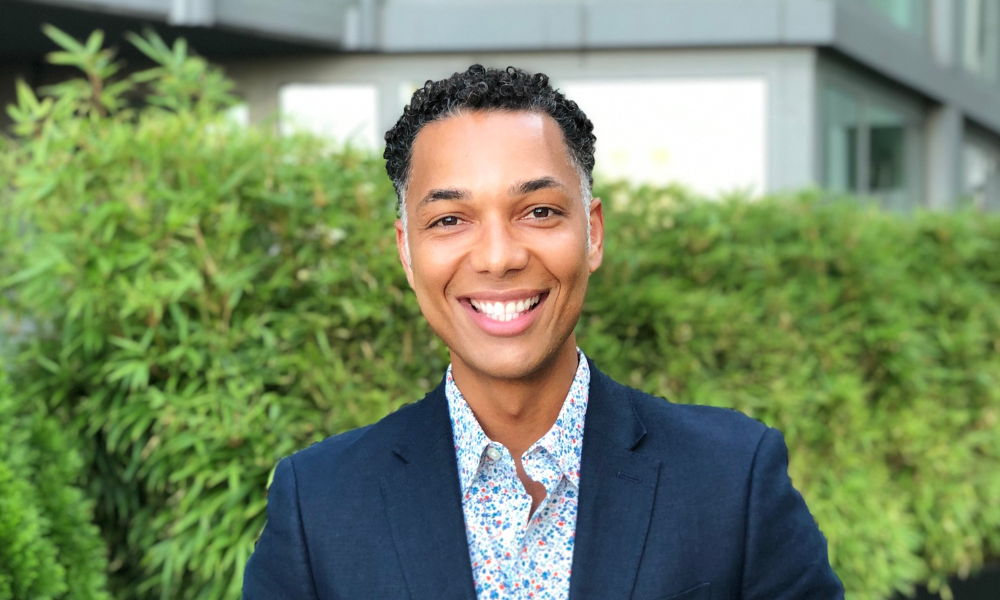
Global head of DE&I at Macquarie Asset Management discusses data-driven approach

As global head of DE&I at Macquarie Asset Management, Johnathan Medina’s entire career has been inspired by equality.
Speaking to HRD, he says that it was while reviewing past projects that he realized there was an opportunity for improvement in the diversity space.
“I saw a pattern,” he says. “And what I thought was a really simple fix. All I needed to do was put a couple of lenses over this to create greater equity to make sure that leaders aren't just picking people they know to stay in seats or to be promoted.”
But Medina’s curiosity didn’t end there. He wondered if similar principles could apply to talent strategy and cultural work across various organizational effectiveness offerings. This led him to co-create a practice with Nelly Guerrero with Accenture.
"When people say no to me, I usually just double down," he says. “I went back and started thinking through what went wrong last time they did it and realized that at Accenture, it was all about analytics - they were just doing a very regular kind of DEI practice. So, I pitched Inclusion+, which is a data-driven platform. That shape and the next thing you know I co-founded the practice and grew in its first year.”
And, by embracing intersectionality within his organization, Medina acknowledges its complexity.
"My intersectionality's are quite a few, including gay, Black, Latino," he explains. To address this, his approach focuses initially on the basics while teaching concepts of intersectionality and equity.
"We need our people to understand one intersection and how that impacts before we compound the learning," he adds, stressing a pragmatic approach to fostering deeper understanding within the organization.
Medina is proud of the progress Macquarie Asset Management has made in advancing DE&I, particularly through enhancements in their talent processes. One notable initiative is the inclusion of the "Challenger" role in talent discussions.
"Someone at the table listens in for biases and calls them out," he explains. This approach led to an equal proportion of men and women and inducting 50% underrepresented groups into senior roles.
Looking ahead, Medina is focused on initiatives addressing ongoing DE&I challenges. As a board member of the Thirty Percent Coalition, he works to streamline the process of finding diverse board members for private equity firms.
"There are really tens if not hundreds of organizations you can go to," he says, but the current process is time-consuming and effort-intensive. By serving as an intermediary, the coalition aims to make this process more efficient, benefiting firms and candidates alike. Medina says he is excited about this potential industry shift, which could lead to broader benefits for all involved.
And, for young professionals aspiring to specialize in DE&I, Medina has some sage advice.
"DE&I is awesome because it's ever-changing," he says. “Therefore, you're going to continue to learn what was true yesterday sometimes isn't today - especially when we think about gender identities. It’s important to get some of the basics right around what drives talent strategy, because ultimately that is the foundation. Likewise for data that can inform a really good DEI strategist.
“A lot of people think it's common sense – and sometimes it can feel that way – but it's really, really nuanced. And it takes quite a bit of learning, and an appetite to continue to learn, to be good at this role.”